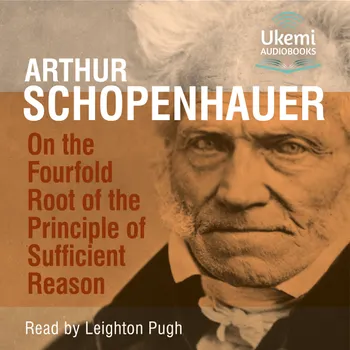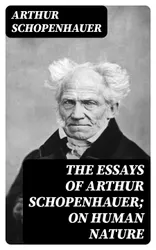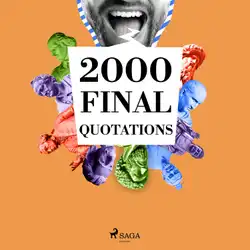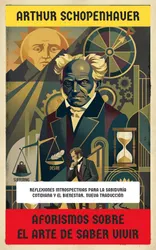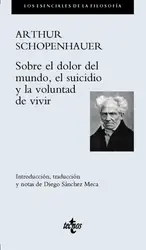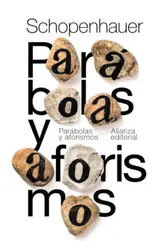There is a cause, or a reason, behind everything that happens. This is the fundamental view behind the classical proposition the Principle of Sufficient Reason, which, in 1813, Schopenhauer chose as his subject for further examination in his doctoral dissertation On the Fourfold Root of the Principle of Sufficient Reason. He was 25.
In later years Schopenhauer revised this dissertation and republished it in 1847. The original ideas expressed here formed the basis of much of his later works, and therefore it remains an important core text for Schopenhauer studies. He discusses commentaries on the principle by earlier philosophers including Descartes, Spinoza, Wolff and Kant before going on to propose his four ‘classes of objects’ which he feels offer greater clarity and depth of meaning. The four classes of objects are each governed by their own form of the Principle: the Principle of Sufficient Reason of Becoming, the Principle of Sufficient Reason of Knowing, the Principle of Sufficient Reason of Being and the Principle of Sufficient Reason of Willing.
This recording of On the Fourfold Root of the Principle of Sufficient Reason uses the clear, classic translation by Madame Karl Hillebrand (1903).
Leighton Pugh presents it with the same clarity and commitment he has brought to his recording of all three volumes of The World as Will and Idea (Ukemi Audiobooks).
